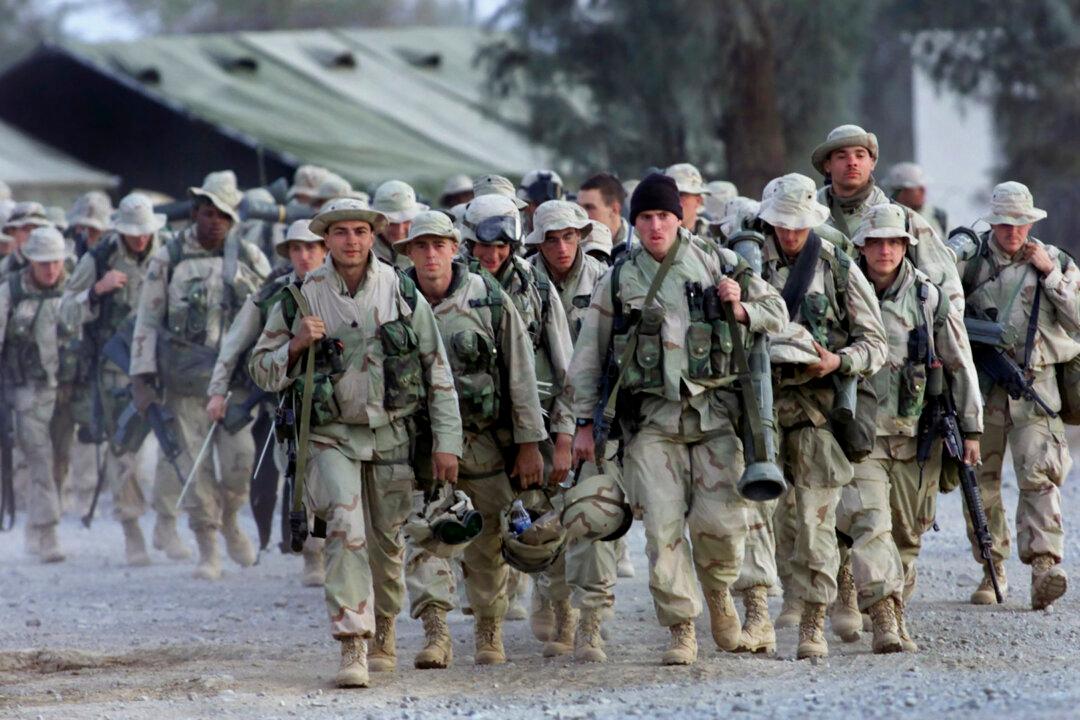Commentary
At the end of February, representatives of the Trump administration and the Taliban signed an agreement that could mark the beginning of the withdrawal of U.S. troops from Afghanistan after more than 18 years there.


At the end of February, representatives of the Trump administration and the Taliban signed an agreement that could mark the beginning of the withdrawal of U.S. troops from Afghanistan after more than 18 years there.